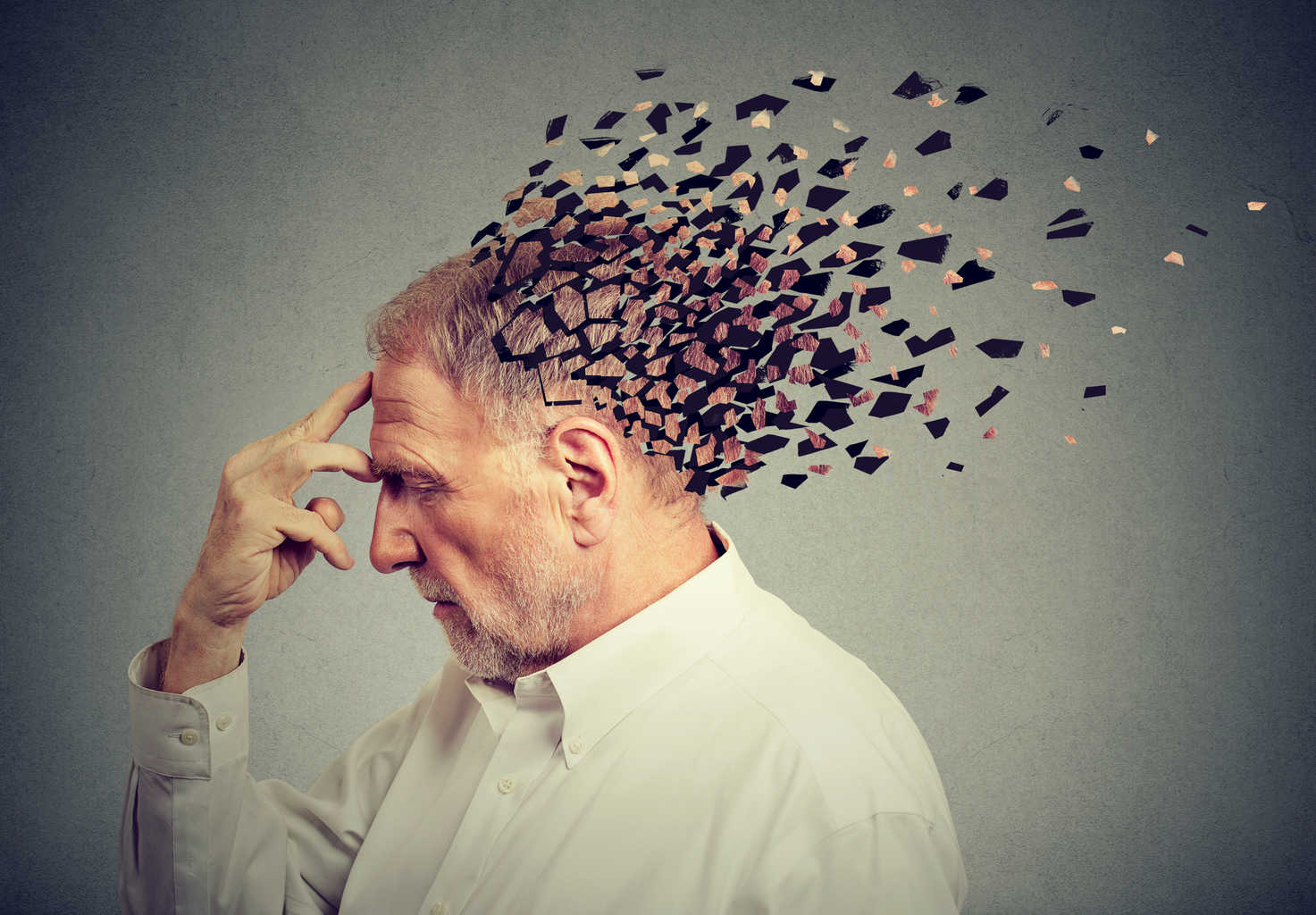
[cmamad id=”13045″ align=”center” tabid=”display-desktop” mobid=”display-desktop” stg=””]
Avoid this – side effects include dementia and Alzheimer’s.
——-Important Message——–
How this man got his erections back again…
As a result of his strange and dangerous profession, he is in constant contact with gorgeous available women. (And no he’s not an adult film star…)
But that does him NO good unless he can perform…
But this man isn’t in a position to take Big Pharma chemicals or see a doctor about it… he found a very DIFFERENT solution to his erection problem.
In fact, it is a strikingly novel solution that may NOT appeal to other men…but I think you will find it FASCINATING.
You may not want to try this at home, because it IS very strange and unusual…

—————-
Avoiding this makes you more likely to reach 85 without dementia
Big Pharma chemicals are a big game whether you like it or not.
They’re all about risk-benefit ratio.
Meaning you have to decide if the risk they pose to your health is worth the benefits that they provide.
This is always a gamble when you take any kind of Big Pharma chemical.
And because of the money Big Pharma makes on these chemicals, they play up the benefits and downplay the risks.
Heck, even things like Claritin, that’s been on the market for a long time, can make some people sleepy.
You have to decide if it’s worth being sleepy to get rid of your stuffy nose.
[cmamad id=”13046″ align=”center” tabid=”display-desktop” mobid=”display-desktop” stg=””]
It’s all about risk vs benefit.
Of course it’s important to know the short-term side effects, the ones that are usually on the label.
But you also need to know the long-term side effects of any Big Pharma chemicals that you’re taking.
And it turns out that a specific class of anti-anxiety chemicals might actually have a huge long-term side effect.
One that’s nasty enough to make most people reconsider taking them:

If you’ve ever known anyone with Alzheimer’s, you know that it is not a pretty situation.
It eats your brain and leaves you helpless.
So, personally, I want to reduce my risk of getting it as much as I possibly can.
Anti-anxiety and sleep treatments are now being linked to increased risk of Alzheimer’s disease.
This isn’t something that you’re going to see on the label, because longer-term side effects aren’t always published on the labels.
That’s why I’m always digging for this information – so that you have it too and can make good decisions.
Here’s what the study says:
“Long-term use of pills for anxiety and sleep problems may be linked to Alzheimer’s, research suggests.”
This study was done on a particular class of chemicals called benzodiazepines.
There’s a ton of these on the market today.
The most well-known are Xanax and Valium.
“Benzodiazepine use is associated with an increased risk of Alzheimer’s disease.”
The problem doesn’t seem to be associated with short-term, stabilization-type use of this class of chemicals.
Rather it’s with the long-term, dependency-type of use.
This doesn’t surprise me at all, because long-term use of many chemicals causes unintended side effects that doctors don’t always know about.
“Unwarranted long-term use of these drugs should be considered as a public health concern.”
But it’s also important to remember that a link does not always equal causation.
In this study, the scientists proposed an alternate theory that may have some merit.
“While an increased risk was found in those on benzodiazepines, the nature of the link was unclear.”
“One limitation of this study is that benzodiazepines treat symptoms such as anxiety and sleep disturbance, which may also be early indicators of Alzheimer’s disease.“
But even with the possibility that Alzheimer’s could be developing when these chemicals are first being given…
Scientists believe the link is strong enough that caution is warranted with long-term use of anti-anxiety chemicals.
“evidence that their long-term use increases the risk of dementia is significant, and raises questions about their use.”
And I tend to agree. In my experience, long-term chemical usage only benefits Big Pharma most the time.
All kinds of chemicals have been found to have really bad side effects over the long term.
And that includes things that don’t show up right away.
It includes chemicals for depression as well as anti-anxiety chemicals.
Your best bet is to take as few chemicals as possible over the long term.
But if you do need them, it’s important to understand the risks so you can determine if it’s worth it or not.
Look, I’m not a doctor, and I can’t tell you what to take and not take. I can only do the research and report my findings.
But, if you are taking one of these anti-anxiety chemicals, then you may want to consider getting weaned off (under doctor supervision, of course).
They can really help, but they can also cause some long-term damage.
So the question is: Is the benefit worth the risk?
—–Important Message—–
Beat 20-year-old guys at their own game
When you use these protocols you literally look and act decades younger.
Imagine having the teenage hard-ons that you used to, with the knowledge and abilities you have today.
The protocols work by vastly increasing the energy that your cells produce.
They also reverse the #1 symptom of aging: falling metabolic rate.
You’ll be grinning ear to ear every time you hear young guys brag about their sex life – when you actually have it sooo much better.

Here are the protocols that give you the teenage erections you used to have
——————–

http://www.bbc.com/news/health-29127726
Benzodiazepines
https://www.drugs.com/drug-class/benzodiazepines.html
https://www.goldencarers.com/20-practical-activities-for-people-living-with-alzheimers-disease/3778/
Dementia sufferers usually face an uphill task with their mental processes. Yet there are activities that can help them engage themselves with. Listening to music they love, can help perk up their emotions. Keeping them engaged with play based games where they can match shapes and pictures is a great way of improving sensory stimulation and thinking skills.Picture puzzles are also a great way of boosting a individuals creativity and thought processes, thus aiding them to activate their brain cells. Also activities where the Individual can recollect past memories e.g school days, youthful pastimes,former work life, past moments of achievements and success etc through mini events, story books or simply reading to them their diaries, are great ways of igniting that spark in their lives.
2.What is the correct way of caring for someone with dementia?
The care of individuals suffering from dementia may sound challenging but with the right attitude and a open mind,one can be of a great help. Whether it is a loved one who is suffering from Alzheimer’s disease or a different kind of dementia, having the patience to understand their needs and challenges can go a long way in engaging compassion when it is most required.Primarily educating oneself about Dementia and its effect on patients is the first step towards putting ourself in the patients shoes. Though memory loss is a crucial part of Dementia, other types like Front temporal dementia and Pick’s disease may cause abrupt personality changes and difficult behaviors/moods. Hallucinations and delusions may creep in that may cause dramatic blow ups ,as well as the inability to process emotions or express their thoughts.But with empathy and compassion, one can let them know that they are still loved and taken care of. For family caregivers it is very important to find support groups. This helps caregivers share their experiences and receive valuable information on how to better engage with challenging situations.In addition it is always better to plan for a future where your loved one may need professional memory care.This may involve both financial planning as well as finding the right resources in your vicinity. Caring for someone with dementia may not be so easy but finding others who can aid your efforts and find a listening ear in a local Alzheimer’s or dementia support group goes a long way in helping provide a better support structure for your loved ones.


Leave a Reply